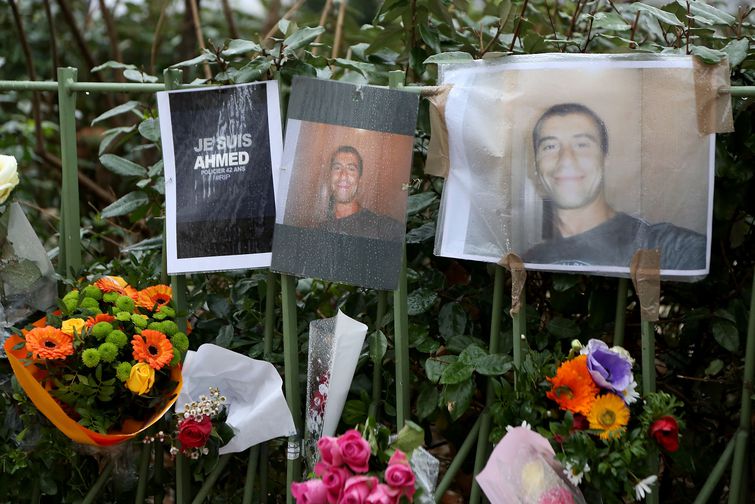I don’t like being described as religious. But when religious-inspired catastrophe happens, I find myself guilty-by-association. Us God-botherers with our irrational beliefs and Kalashnikovs. Justify yourself and your medieval sensibilities!, I hear the secularist voices shout.
It’s crap. I can’t explain why some people kill others. But perhaps I can give a glimpse into why “we” – religious types – get offended, and can react all out of proportion. This is not to justify it, but to give an insight into it.
To outsiders, non-believers, religious belief seems like a moral or ethical decision. A choice, that can be questioned and debated without any real challenge to our core being. When I studied theology at university with mostly non-religious people, to them questions about God and belief were an interesting exploration of human character; to me, sometimes an assault on my very being. An assault I willingly put myself through, because I wanted to test my beliefs to the limit. Not everyone wants that. Not everyone invites that.
My relationship with God is core. It’s not very rational, but don’t be fooled into thinking we all make rational choices except about religion. Why you choose your car, your coffee chain or your partner are rarely based on rational fact-based objective data. I talk about loving God; I also talk about loving my wife. If you tell me I do not love my wife, but am simply a slave to rational chemical reactions and twitches in my synapses rather than the irrational beauty of love then you’re beginning to dispute my core feeling of love.
If you take it further and not only dispute my feeling of love, but insult & ridicule my wife, whom you have never met, yet deem it ok to call her foul names or publish offensive cartoons of her… Now you’ve crossed a line. You’ve offended me. Religious people will often hold our beliefs as dearly as we hold beliefs about family, and sometimes more strongly. And as anyone who watches Eastenders knows, insult me as much as you like, but if you insult our family and we are likely to become irrational.
It’s hard to find something to compare the strength of religious belief and the way it can form our core identity. Ironically for religious debate, sexuality may be one. Or national pride. This is why religious people may not always look wholly in favour of ‘free speech’. But then, neither is our society. We pick & choose. We can support deeply offending Muslims in public cartoons, but not the right of black footballers to send tweets with jokes about race; suddenly our politicians ‘suis Charlie’, but few will highlight the massacres of Christians that have occurred in the last 3 years in Iraq and Syria.
Because we don’t actually mean ‘free speech’, we mean the freedom to be critical, to challenge, to question. Those are hallmarks of an open, free and democratic society, but they are not easy to manage, and neither should they be.

As a follower of Jesus, he said when we are publicly offended with a humiliating backhanded slap in the face, we should turn the other cheek. We should not respond with violence, whether verbal or physical. We do not respond to offence by offending back. Jesus said love your enemies and pray for those who persecute you. We do not all resort to violence.
So, us ‘religious types’ may become more offended that seems rational, because our beliefs about God are tied up with our core identity far more than many realise. And maybe we are frightened of being unravelled, just as atheists who have a religious experience are. But it’s your job as a non-believer to pick the threads of our beliefs, and our responsibility to let you. The tapestry of faith looks better with frayed edges.


What are you thinking?